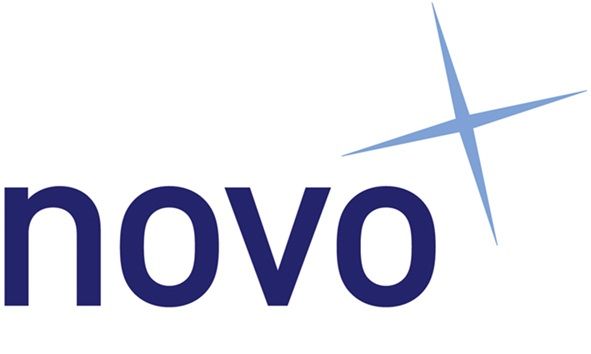Want More Productive Employees?

Match their work schedules to their internal clocks. It can also improve health, well-being, and longevity.
Do you want your employees to be more productive–and also happier and healthier? Of course you do. It turns out one simple change to your company’s workday is a surprisingly powerful way to make that happen: Schedule people’s work times to match their own chronotypes–that is, their tendency to be awake and energized at different times of the day.
Do you have early risers in your office? Don’t force them to stay into the evening. And don’t force night owls to come in at 8 a.m. That means making some changes on your end, especially if you’re accustomed to scheduling work in accordance with your own preferences–or with the idea that the earlier in the day work gets done, the better. But it’s well worth it. As The New York Times reports, a growing number of companies around the world are trying this and seeing meaningful benefits:
1. Employees get more sleep.
Eighty percent of employees may be suffering from a work schedule that’s out of sync with their own natural tendencies, one sleep expert told the Times. That explains why, when a steel mill in Germany started assigning late shifts to night owls and early shifts to larks, the workers started getting an extra hour of sleep on work nights.
That may not sound like a huge benefit to their employer, until you consider that 97 percent of workers have one or more risk factors for fatigue and that 27 percent reported falling asleep on the job in the past month, according to a survey by the National Safety Council.
Lack of sleep is associated with workplace accidents, but also health problems such as diabetes and obesity, and a shorter lifespan. That extra hour of sleep was a huge win for both the steel mill and its employees.
2. They may be more honest.
What does working at a different time of day have to do with your ethics? Strangely enough, the two things are related. In a fascinating experiment, researchers called in subjects who were either larks or night owls to play a dice game where they could win $500. The game was on the honor system–subjects were asked to report their own scores.
Some were asked to play the game at 7 a.m., while others were asked to play it at midnight. It turned out that morning people who rolled the dice at midnight were 18 percent likelier to lie about it than if they played the same game in the morning. And night owls who rolled the dice at 7 a.m. were 16 percent likelier to lie about their results.
3. They’re happier.
It’s been hard to hire good employees for the past few years, and it doesn’t look like it’ll get any easier in 2019. So having happy employees who like their jobs is an enormous asset for any company.
That’s why the Danish outpost of an international pharmaceutical company now gives employees a nine-hour training session to help them determine their own chronotypes, and then encourages them to schedule their most challenging work when they’re most alert, and less challenging tasks, such as answering email, during their natural slump times. The result is that employees’ satisfaction with their work-life balance has increased from 39 percent a decade ago when the program began to about 100 percent today.
Do these benefits sound like something you want for your own company? You can have them by making a few relatively minor changes. Experts say that most people naturally fall somewhere in the middle between truly early risers and true night owls–they naturally wake somewhere around 8 a.m. and fall asleep somewhere around midnight. So something as simple as moving the official start of the workday to 10 a.m. or even 9:30 will help match the circadian rhythms of many employees (those who are so inclined can still come in earlier, of course).
You can also help a lot by scheduling meetings only during the “core hours” around the middle of the day. That in itself can help productivity, because the quiet hours early in the morning or late in the day are often when people get the most work done–if you don’t interrupt those hours with meetings.
Planning your company’s workday to accommodate different chronotypes may require a mental adjustment if you’re not used to the idea. But you don’t need a huge adjustment to your schedule to meaningfully improve employees’ productivity and mood. Just an hour or two can be enough to make a big difference.
Originally published on Inc, https://www.inc.com/minda-zetlin/productivity-sleep-chronotypes-internal-clock-night-owls.html?cid=landermore












